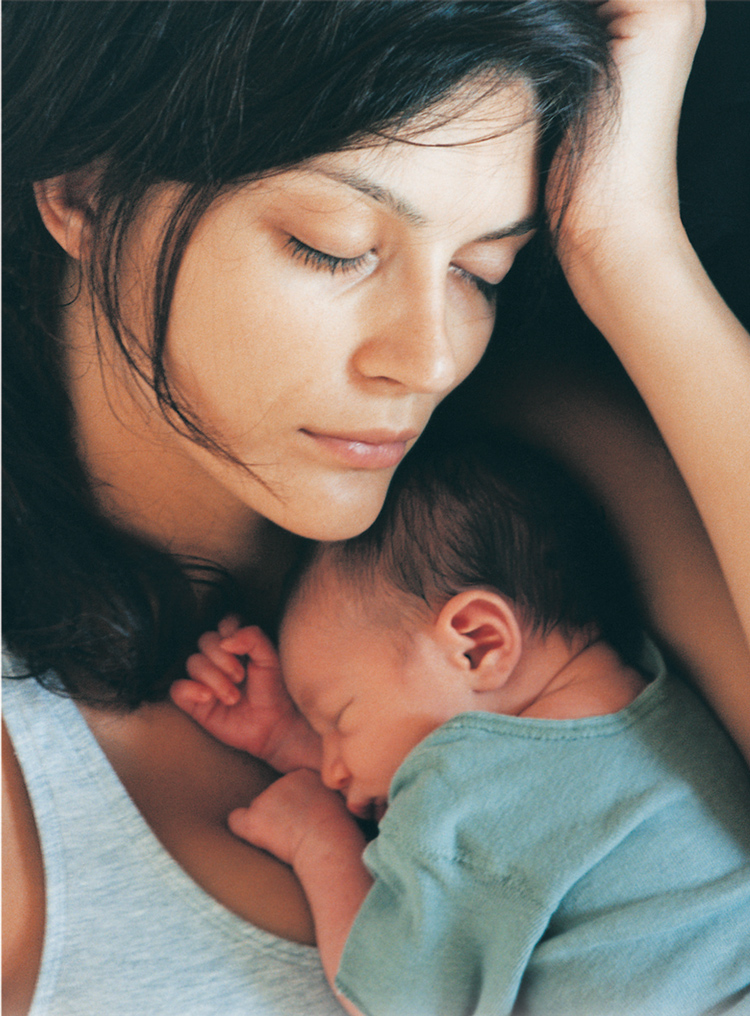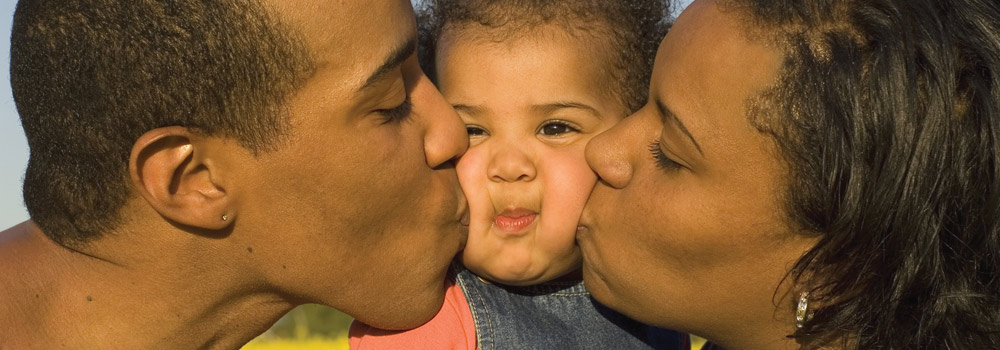
Perinatal Mental Health problems are those mental health difficulties that
occur during pregnancy or the first year following birth. Postnatal
Depression and anxiety are the more common difficulties that parents
experience during this time. Mental health difficulties during pregnancy and
following birth can affect mothers, fathers and other parents and carers.
Symptoms may include: feeling unable to cope; difficulty sleeping; mood
changes; irritability and episodes of tearfulness. These are common after
giving birth and are often known as the ‘baby blues’, which usually clear up
within a few weeks. However, if your symptoms are more persistent, it could
be postnatal depression which can be lonely, distressing and frightening
but, if it is recognised and treated, there is lots of support available to
support you. It’s very important to seek treatment, so speak to your health
visitor or GP. The condition is unlikely to get better by itself quickly and it
could impact on you and your family.
Source: NHS Choices
Bonding is the intense attachment that develops between parents and their baby. Bonding gets parents up in the middle of the night to feed their hungry baby and makes them attentive to the baby’s wide range of cries. Healthy attachment, built by repetitive bonding experiences during infancy, provides the solid foundation for future healthy relationships. Bonding experiences include hugging, holding, rocking, singing, feeding, gazing, smiling and kissing.
Nonverbal cues and how they can be used to create a secure attachment bond:
Eye contact - look at your child affectionately and they will pick up on the positive emotion conveyed which makes them feel safe, relaxed and happy.
Facial expression - if your expression is calm and attentive when you communicate with your child, they will feel secure.
Tone of voice - even if your child is too young to understand the words you use, they can understand the difference between a tone which is harsh or preoccupied and a tone which conveys tenderness, concern and understanding. When talking to older children, make sure the tone you use matches what you’re saying.
Touch - the way you touch your child conveys your emotional state - whether you’re calm, tender, relaxed or disinterested, upset and unavailable. The way you wash, lift or carry your baby or the way you give your older child a warm hug, a gentle touch on the arm, or a reassuring pat on the back can convey so much emotion to your child.
Body language - sit with a relaxed, open posture, leaning towards your child and your child will feel what he or she is saying matters to you.
Pacing, timing, and intensity - the pacing, timing and intensity of your speech, movements and facial expressions can reflect your state of mind. If you maintain an adult pace, are stressed or otherwise inattentive, your nonverbal actions will do little to calm, soothe or reassure your child.
Speak to your midwife, health visitor or GP if you require further information or if you feel you are having problems bonding with your baby.
Source: www.childtrauma.org
1
Feeling irritable, unable to cope, difficulty sleeping and tearful.
2
It has lasted longer than a few weeks.
3
Then speak to your health visitor or GP immediately - do not leave it for the condition to deteriorate.

Domestic abuse affects many families. Women are at increased risk of domestic abuse during pregnancy and the first year after giving birth, even if there has not been any abuse before. Men can also be victims.
Remember, you are not responsible; it is not acceptable and you are not alone. Violence rarely happens only once and will become more and more serious as time goes on. It’s not easy to accept that a loved one can act in this way and you may be trying to make the relationship work. Abuse can take many forms: physical, including sexual violence; mental and verbal cruelty; financial control and/or controlling behaviour.
Children can often get caught up in the crossfire and become victims, placing them at risk of significant harm. They may feel frightened, become withdrawn, aggressive or difficult, bed wet, lack concentration and suffer emotional upset. They will need time to discuss the feelings they have about violence or abuse. Children need to know it is not their fault and this is not the way relationships should be. It is best that action is taken early to stop things becoming worse, so seek professional support. Keeping your child safe is your responsibility.
Long-term abuse is much more likely to cause problems for a child as they grow older. The longer children are exposed to violence, the more severe the effects. These can include a lack of respect for the non-violent parent, loss of self-confidence (which will affect their ability to form relationships in the future), being over-protective of a parent, loss of childhood, problems at school and running away. For help and advice, see the domestic violence helpline in the useful contacts section.
Mental health problems affect about one in 10 children and young people. They can include self-harm, eating disorders, depression, anxiety and conduct disorder and are often a direct response to what is happening in their lives. The emotional wellbeing of children is just as important as their physical health. Good mental health allows children and young people to develop the resilience to cope with whatever life throws at them and grow into well-rounded, healthy adults.
Things that can help to maintain wellness include:
-
Being in good physical health, eating a balanced diet and getting regular exercise.
-
Having the time and freedom to play, indoors and outdoors.
-
Being part of a family that gets along well most of the time.
-
Going to a school that looks after the wellbeing of all its pupils.
-
Taking part in local activities for young people.
-
Feeling loved, trusted, understood, valued and safe.
-
Being able to learn and having opportunities to succeed.
-
Accepting who they are and recognising what they are good at.
-
Feeling they have some control over their own life.
-
Having the strength to cope when something is wrong (resilience) and the ability to solve problems.
A baby's first 1001 days from conception to their second birthday is crucial for their mental health. Infant mental health is a young child's capacity to experience, cope with and express emotions. It is their capacity to form close and secure relationships and explore the environment and learn. These capacities are best developed in nurturing, safe and predictable parenting experiences. Looking after your own mental and your relationship with your baby will help your child reach their potential.
When to seek professional help
Children and young people’s negative feelings usually pass but if your child is distressed for a long time; if their negative feelings are stopping them from getting on with their lives; their distress is disrupting family life; or they are repeatedly behaving in ways you would not expect at their age, it is important to seek professional help.
Additional information about mental health problems can be found at www.mentalhealth.org.uk
Source: Mental Health Foundation
1
If children have a warm, open relationship with their parents, children will usually feel able to tell them if they are troubled.
2
One of the most important ways parents can help is to listen to their children and take their feelings seriously.
3
Your child may want a hug, they may want you to help them change something or they may want practical help.



